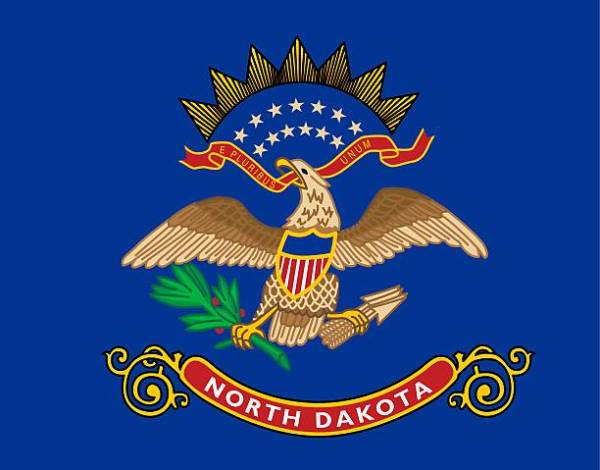To one who has a brain injury and their family and friends, the definition may seem relatively clear – a brain injury is something that disrupts the functioning of the brain. Nationally, the CDC has only a specific definition of and webpage for traumatic brain injury, whereas the NIH notes that TBI is an acquired brain injury. To support recovery from all types of brain injury, though, states must first each define what constitutes a brain injury. In New Jersey, for example, the government-funded Traumatic Brain Injury Fund site states that, “to qualify for the Fund, an individual must have an acquired brain injury; defined as an injury to the brain caused by a blow or jolt to the head or a penetrating head injury/neuro-trauma that disrupts the normal brain function, where continued impairment can be demonstrated. This definition does not include dysfunction caused by congenital or degenerative disorders, birth trauma, or injuries caused by other circumstances.” The webpage produced by the New York State government is focused on traumatic brain injury, which they define as, “an injury to the brain or skull caused by an external force, such as a strike or impact.” One must click further to get a definition of acquired brain injury
As can be seen in New York’s definition, many states define only traumatic brain injury – not acquired brain injury. While many acquired brain injuries are traumatic, all traumatic brain injuries are acquired. However, many states do not consider those brain injuries that are not defined as TBIs, such brain insults as strokes, to be a brain injury. Strokes and other acquired brain injuries, however, often need such things as costly recovery too, which may require government funds.
North Dakota has realized this funding error. As of last week, “the state legislature’s interim health committee is looking at a draft bill that would change the definition of a brain injury.” This new definition would change the definition to allow the inclusion of all brain injuries, not only traumatic brain injuries. Below is the proposed revision, with the crossed-out section noting the old definition:
“‘Brain injury’ means ‘any injury to the brain which occurs after birth and which is acquired through traumatic or nontraumatic insults. The term does not include hereditary, congenital, nontraumatic encephalopathy, nontraumatic aneurysm, stroke, or degenerative brain disorders or injuries induced by birth trauma an insult from physical force or internal damage to the brain or the coverings of the brain which produces an altered mental state and results in a decrease in cognitive, behavioral, emotional, or physical functioning. The term does not include an insult of a degenerative or congenital nature.”
Since it is important to have a full and clear definition in order to gain support, funding and full care for all those in need, it is critical that the North Dakota government votes on this more inclusive bill soon.
Note: If you are aware of an error regarding what I identified as the states’ definitions of brain injury, please comment and it will be researched and rectified.

